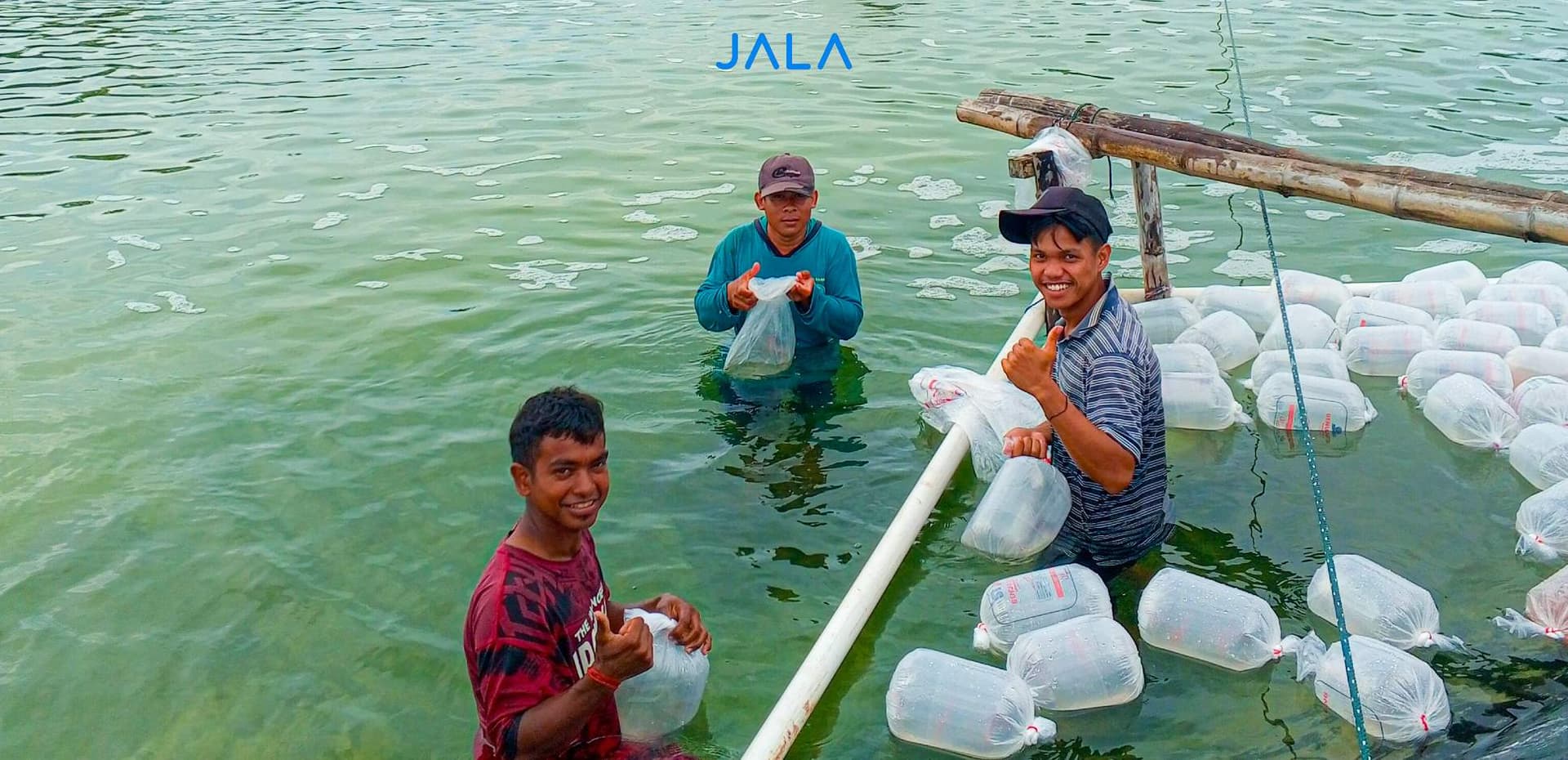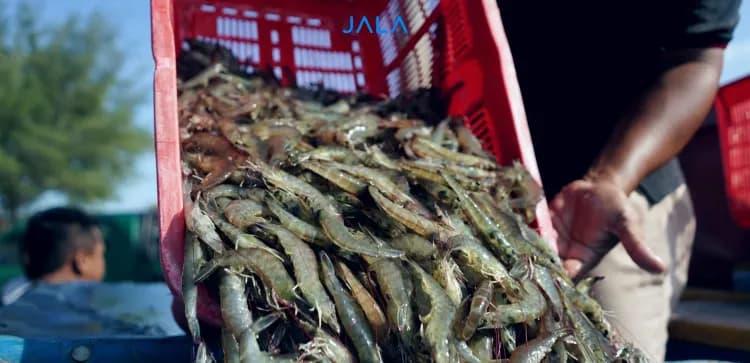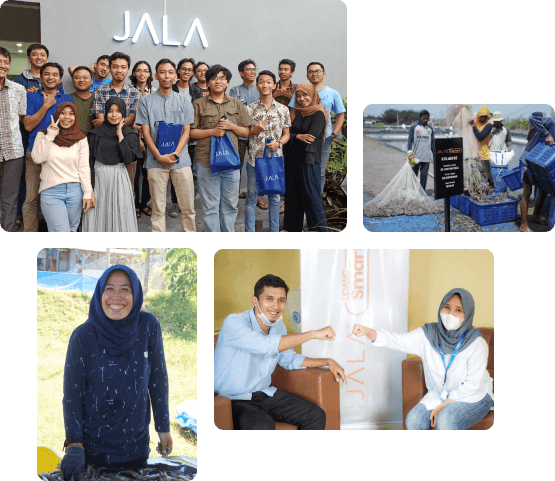
The ever-expanding shrimp industry demands skilled human resources with solid knowledge and skills. There is a need for this since there are numerous crucial elements in shrimp farming, from technical matters, tool maintenance, feeding, to farm administration. Farm owners, especially those who are implementing intensive and super intensive systems, will undoubtedly be overwhelmed if they do all of these tasks by themselves.
Contents
Related ArticlesLogin to Read the Full Article
Use your Jala account to read this article. If you don't have an account, please register on Jala App.




